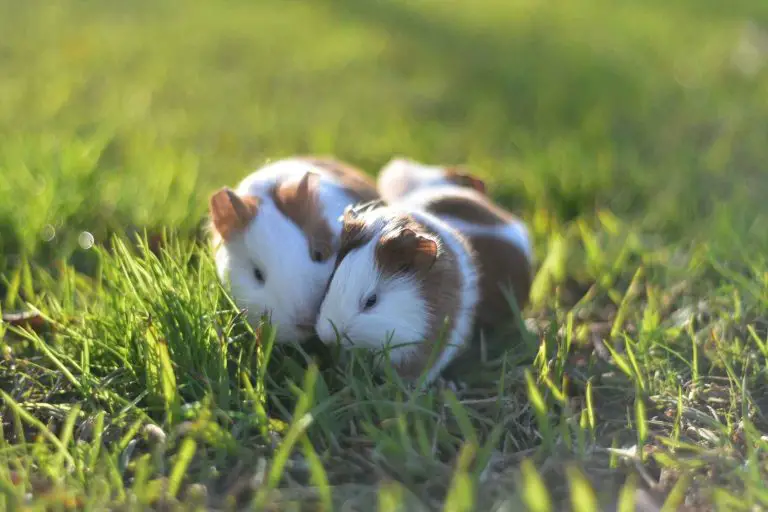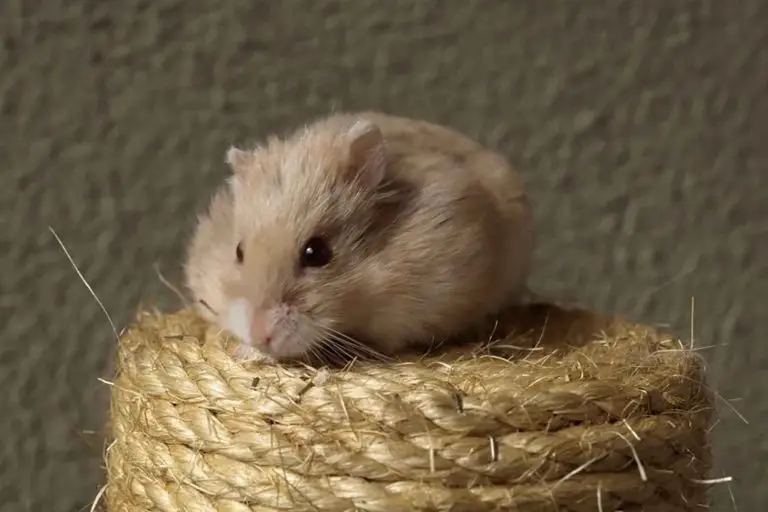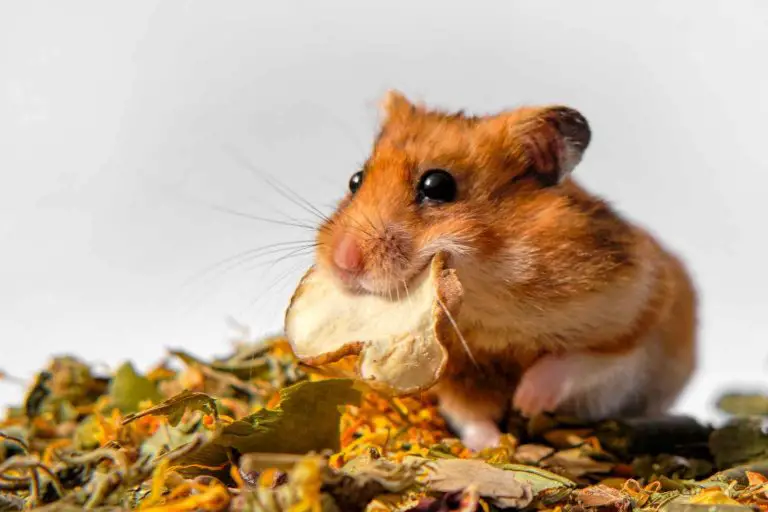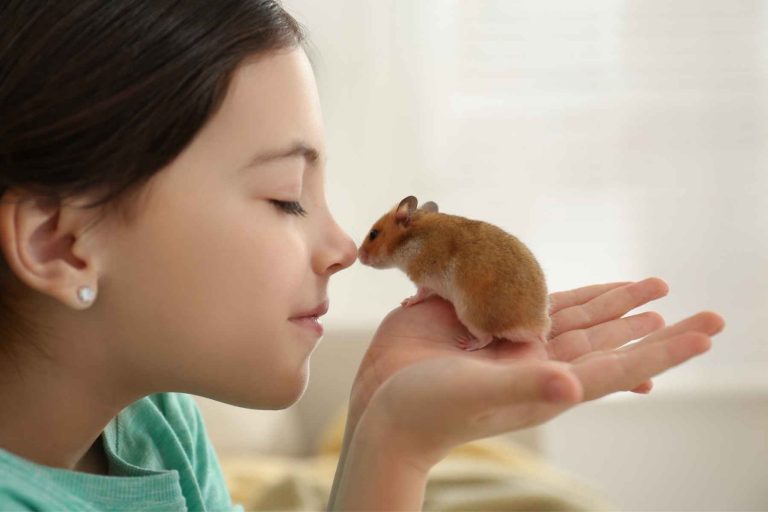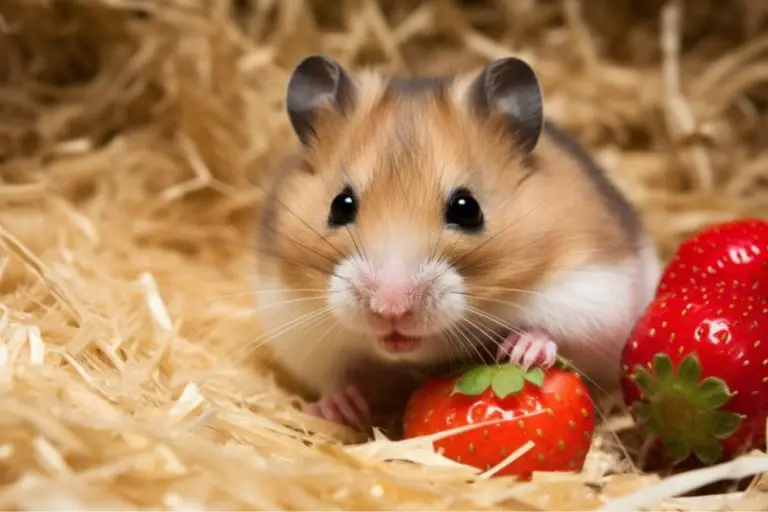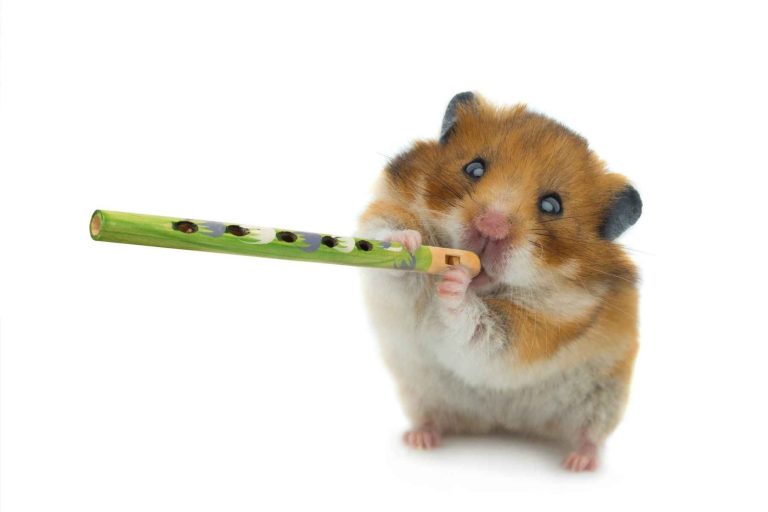Can Hamsters Eat Watermelon? (What About The Seeds And Rind?)
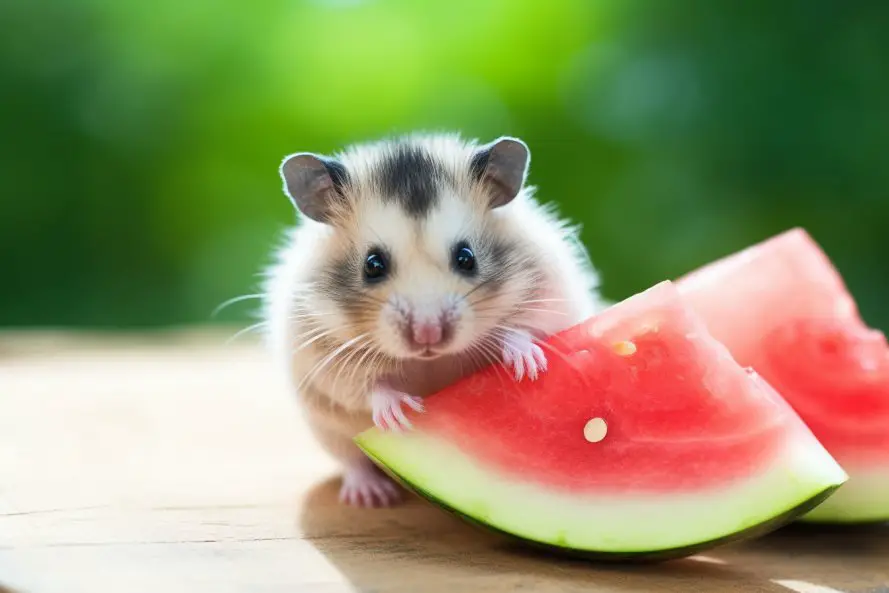
Hamsters are popular and adorable pets, known for their small size and playful nature. One essential aspect of keeping these little creatures healthy and happy is understanding their dietary needs. Many pet owners wonder if it’s safe to give their hamsters human food, like watermelon, as an occasional treat.
Watermelon is a refreshing and nutritious fruit enjoyed by many humans, especially during the summer months. The fruit contains a high water content, vitamins, and minerals that contribute to its great taste and hydrating properties. When it comes to hamsters, the key is to know whether watermelon is suitable for them and in what quantities, as their digestive systems are different from ours.
It’s important to strike the right balance in a hamster’s diet, and introducing new foods should be done with caution. This article will explore the compatibility of watermelon with a hamster’s dietary requirements, focusing on the potential benefits and risks it may pose for your furry friend.
Can Hamsters Eat Watermelon
Yes, hamsters can eat watermelon in moderation. This juicy fruit can be a refreshing treat for your pet, especially during hot summer days. However, there are some essential points to consider before including watermelon in your hamster’s diet.
Firstly, watermelon is high in sugar content. Even though it mainly contains natural sugars, excessive consumption can lead to obesity and diabetes in hamsters. To prevent such health issues, it’s crucial to offer only small amounts of watermelon as an occasional treat, rather than a regular part of their diet.
When offering watermelon to hamsters, it’s essential to remove seeds, as they can be a choking hazard. Additionally, the watermelon’s flesh should be chopped into small, bite-sized pieces to make it easier for the hamster to eat.
Another concern with watermelon is its high water content. Although it can be hydrating, excessive water intake may cause diarrhea in hamsters, which can lead to dehydration. Therefore, it’s necessary to limit the amount of watermelon your hamster consumes at once.
In summary, though hamsters can enjoy watermelon as a treat, it’s vital to:
- Offer watermelon in moderation due to its sugar content
- Remove seeds and chop into small pieces
- Limit the amount to prevent diarrhea
Health Benefits and Risks
Pros of Watermelon
Watermelon is a refreshing fruit that is low in calories and high in hydration. This makes it an excellent choice for a healthy snack, especially during summer months when dehydration is a concern. Consuming watermelon can provide the following benefits:
- Hydration: Watermelon is made up of 92% water, which makes it an effective way to stay hydrated during hot weather.
- Nutrition: This fruit is a good source of vitamins A, B6, and C, as well as minerals like potassium.
- Low in fat: Watermelon is naturally low in fat, making it a healthy choice for those looking to maintain or lose weight.
Cons of Watermelon
While there are many benefits to eating watermelon, there are also a few risks to consider:
- High sugar content: Watermelon has a relatively high sugar content, which can be problematic for people with diabetes or those trying to manage their sugar intake. A serving size (1 cup) contains about 10 grams of sugar.
- Moderation is key: Due to its high sugar content, watermelon should be consumed in moderation to avoid potential health risks. A large amount of watermelon can negatively impact blood sugar levels.
In summary, watermelon can be a healthy and hydrating fruit option, but it is essential to consume it in moderation due to its high sugar content.
Feeding Watermelon to Hamsters
Hamsters can safely enjoy watermelon as an occasional treat. This juicy fruit is a good source of vitamins and minerals, and can help keep your hamster hydrated. However, there are a few important things to keep in mind when feeding watermelon to your hamster.
How Much to Feed
It’s essential to feed your hamster watermelon in moderation. A small piece, roughly the size of a raisin, is enough for a serving. You can serve it to your hamster once or twice a week, but not daily.
Syrian and dwarf hamsters have slightly different dietary needs, but both can safely consume watermelon in similar amounts.
What Parts to Avoid
When feeding watermelon to your hamster, make sure to remove the seeds and rind.
| Parts Safe to Eat | Parts to Avoid |
|---|---|
| Watermelon flesh | Watermelon seeds |
| Watermelon rind |
- Seeds: Watermelon seeds pose a choking hazard for hamsters, so always remove them before offering the fruit to your pet.
- Rind: The watermelon rind is fibrous and difficult for hamsters to digest, which can lead to digestive issues. Additionally, it may pose a choking risk, so it’s best to keep the rind away from your hamster.
By following this information, you can safely feed watermelon to your hamster, making it a delicious treat they will enjoy.
Nutritional Content of Watermelon
Watermelon is a refreshing and hydrating fruit that offers various health benefits. It contains a high water content, estimated at around 92%, which makes it an ideal snack for hydration, especially during hot weather.
Watermelon is low in calories, with a 100-gram serving containing approximately 30 calories. This feature makes it a suitable addition to a balanced diet for individuals looking to manage their weight or combat obesity. The fruit also contains a modest amount of dietary fiber, which can aid digestion and alleviate issues such as diarrhea.
The vitamins and minerals found in watermelon contribute significantly to its nutritional value. Most notably, watermelon is a good source of vitamins A and C. Vitamin A supports healthy skin and vision, while vitamin C assists in collagen production and boosts the immune system. Additionally, these vitamins function as antioxidants, combating free radicals within the body and helping to prevent chronic health issues such as heart disease.
Furthermore, watermelon contains essential minerals such as potassium and magnesium, which provide several benefits. Potassium helps regulate blood pressure and supports cardiovascular health, whereas magnesium is vital for energy production and nerve function.
In addition to vitamins and minerals, watermelon boasts several other beneficial compounds, including carotenoids, lycopene, and citrulline. Carotenoids are antioxidants that offer additional health benefits, while lycopene is known for its potential to reduce the risk of certain cancers and heart-related issues. Lastly, citrulline contributes to watermelon’s nutritional profile, as it is involved in the production of nitric oxide, which helps support healthy blood flow.
In summary, watermelon’s nutritional content is rich in vitamins, minerals, antioxidants, and other beneficial compounds. Its low-calorie, high-water content character makes it a fitting choice in a well-rounded, balanced diet while offering various health advantages.
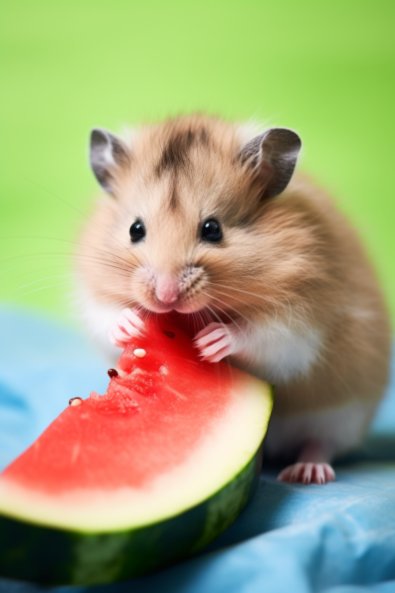
Alternatives to Watermelon for Hamsters
Watermelon is a popular treat for hamsters because of its high water content, but it’s essential to know about some healthier alternatives for their diet. Hamsters, including Chinese hamsters and robo hamsters, can benefit from a variety of other fruits and vegetables.
Cucumber and lettuce are great low-calorie options with high water content that can keep your hamster hydrated without the sugar content found in watermelon. Green beans, broccoli, and baby corn are nutritious alternatives that provide essential minerals and vitamins.
Herbs like basil and mint can be included in your hamster’s diet and are safe for consumption. Beets and okra are other healthy choices, but it’s important to limit their intake as they can be high in sugar or oxalates, respectively. It’s crucial to avoid giving hamsters high sugar fruits such as grapes or dried watermelon due to the risk of obesity and potential infections from mold.
Like vegetables, fruits should be organic and free of pesticides. Feeding your hamster fresh produce, rinsed thoroughly, can help ensure their safety. Some other options to consider include celery, winter squash, and carrots. However, these should be limited to avoid overfeeding and maintain balanced nutrition.
Aside from fruits and vegetables, including timothy hay in your hamster’s diet is essential. Hay serves as a primary source of fiber, contributes to their dental health, and supports digestion. Limiting watermelon juice consumption is important, as is incorporating other food sources for a well-rounded, nutritious diet.
When it comes to weaning, it’s essential to introduce these alternatives slowly to avoid sudden changes in their diet, which can cause digestive issues. Offering a mix of birdseed along with these healthier options can provide a balanced diet for your hamster while keeping them engaged with different flavors and textures.
In summary, there are multiple alternatives to watermelon for your hamster, providing essential nutrients for a healthy life. Including cucumber, lettuce, green beans, herbs like basil and mint, and other vegetables can support their overall health without consuming high sugar fruits. Remember to serve these in moderation and provide appropriate food types for your specific hamster breed.
Conclusion
In summary, hamsters can safely consume watermelon in small quantities. As an occasional treat, it provides some health benefits due to its high water content and essential vitamins.
However, watermelon should not be a staple in a hamster’s diet. Limit the amount of watermelon you offer to your hamster and ensure it is not a substitute for a balanced and nutritious diet. Always remove the seeds before feeding watermelon to your hamster, as they pose a choking hazard.
As a pet owner, it is crucial to monitor your hamster’s reaction when introducing any new food. If you notice any adverse effects, stop offering watermelon and consult with a veterinarian if symptoms persist. It is always best to prioritize your hamster’s health and well-being above all else.

